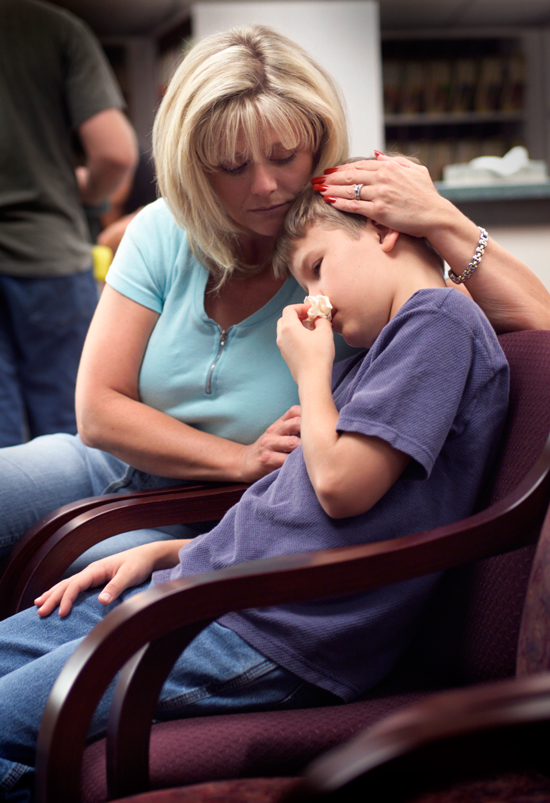Should you go to hospital or see a GP?
Index
Have you ever gone straight to the emergency department of the hospital to be treated, rather than making an appointment at your GP? You aren’t alone.

At Melbourne’s Royal Children’s Hospital, visits to the emergency department shot up by 10% in 2014, and in hospitals right around Australia, accident and emergency departments are experiencing a similar jump in admissions. This is putting critical pressure on our hospitals, which are struggling to cope with the influx of patients.
One of the major reasons for the squeeze is that beds throughout the hospitals are in short supply, so patients cannot automatically be transferred out of emergency and into a ward. This creates a major bottleneck. Coupled with our growing metropolitan population; an increase in chronic sickness; the increase in our elderly population and an increasing number of people who head straight to hospital rather than present at a GP clinic first and it’s no wonder the health system is under stress.
Heading to the hospital emergency ward is no guarantee of quick treatment. After an accident left him with a serious laceration, 22 year old Nathan Richardson headed to a major metropolitan hospital. "Because it was an open wound it needed stitches," he says. "I thought I had to go to the hospital to have it treated."
Once admitted into the emergency department, patients are assessed. Patients with life threatening conditions will be treated first, while others can expect a long wait. Mr Richardson waited for seven hours to be treated, during which many patients, assessed as more serious cases, were treated ahead of him, even though he had been there for longer.
Like Mr Richardson, many patients turn up at hospital with conditions that could be dealt with elsewhere. But what constitutes a medical emergency? When should you head straight for hospital?
Symptoms indicatating a medical emergency that require urgent hospital attention:
- Anaphylaxis
- Blood loss
- Bloody diarrhea with weakness
- Blacking out
- Choking
- Chest pain or pressure
- Coma
- Confusion
- Dizziness
- Drug overdose
- Heart attack
- Heat stroke
- Shortness of breath
- Sudden slurred speech
- Stroke
Other medical conditions can usually be managed away from the lengthy queues at the emergency department. But getting medical attention can be further complicated by the shortage of quality GP services after hours and on weekends. Just where are you supposed to go?
During working hours
During working hours you should call your GP for any issues that are not life-threatening. GPs can assess and treat a wide variety of conditions, and can refer you to specialists if required. When you make the call for an appointment, check that your GP’s clinic can treat your condition – for example, that a triage nurse will be available for dressing wounds, fractures, and administering stitches.
A Pharmacist can be considered another source of practical advice, in particular relating to coughs, colds, rashes and emergency contraception. While in general their role is primarily the dispensing of medicine, they can provide valuable healthcare support to their communities.
Out of hours
If your GP is unavailable, a 24 medical centre could be your best option. Check Yellow Pages for the 24-hour clinic closest to you.
Across Australia there are telephone operated advice hotlines to help you make decisions about your health options. Health Direct and Nurse-On-Call are staffed with registered nurses to provide health information and advice 24 hours a day, seven days a week. After an initial triage by the nurse, the nurse can refer you to a hospital if your condition is critical, or if it’s not an emergency, they can connect you to a helpline GP.
Perhaps the smartest thing we can all do is to develop a strong and lasting relationship with our family GP. As we mature and age, it will pay to have a reliable health professional that knows and cares for us and our families.
While nobody wants to endure a medical emergency, knowing what is an emergency, and what simply requires first aid or pain management, will help to take the pressure of our health system, and perhaps help us avoid a seven hour wait in emergency at the same time.
Yellow Pages has over 50,000 Medical Centres listed, from right around Australia. Call up and make an appointment today.
